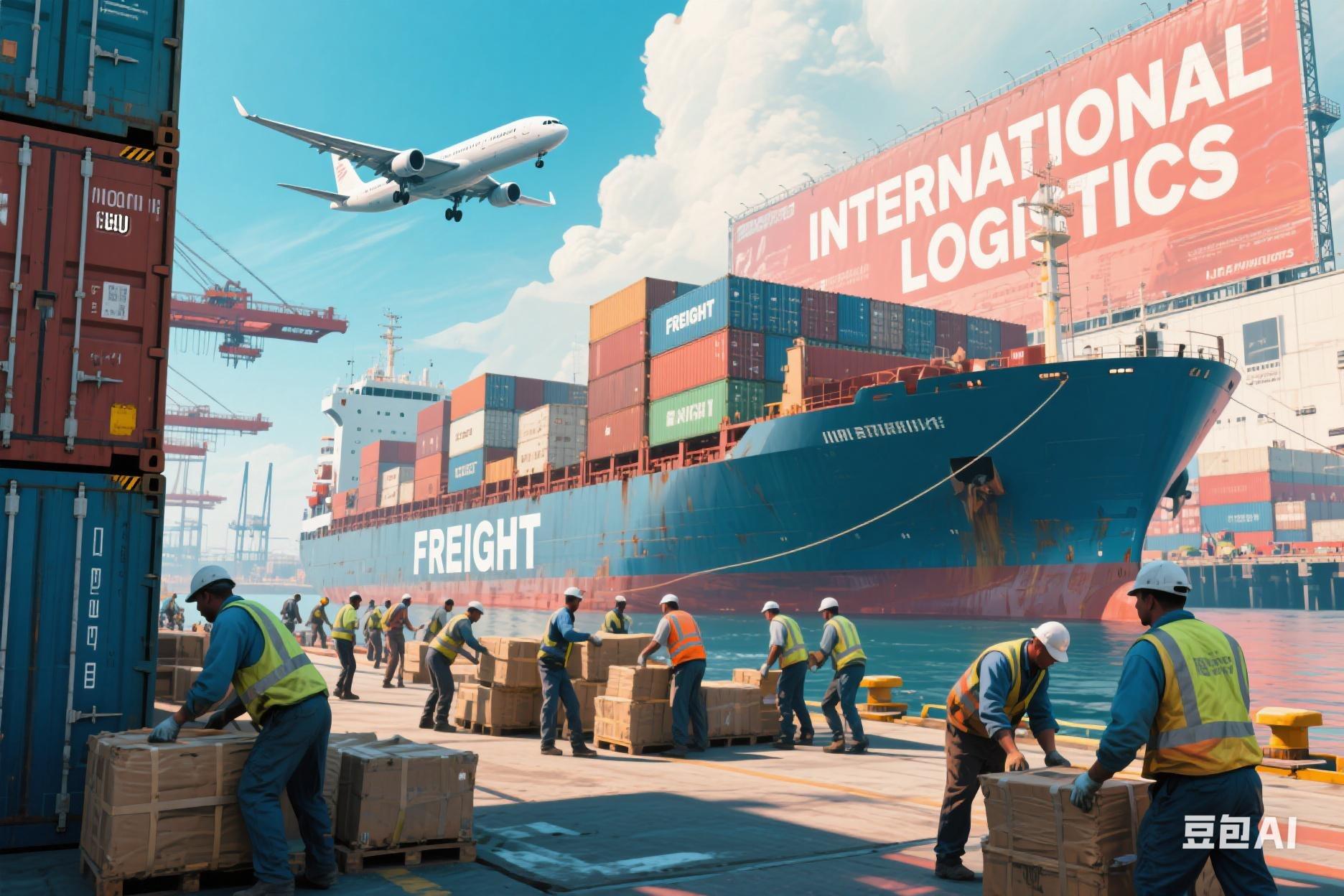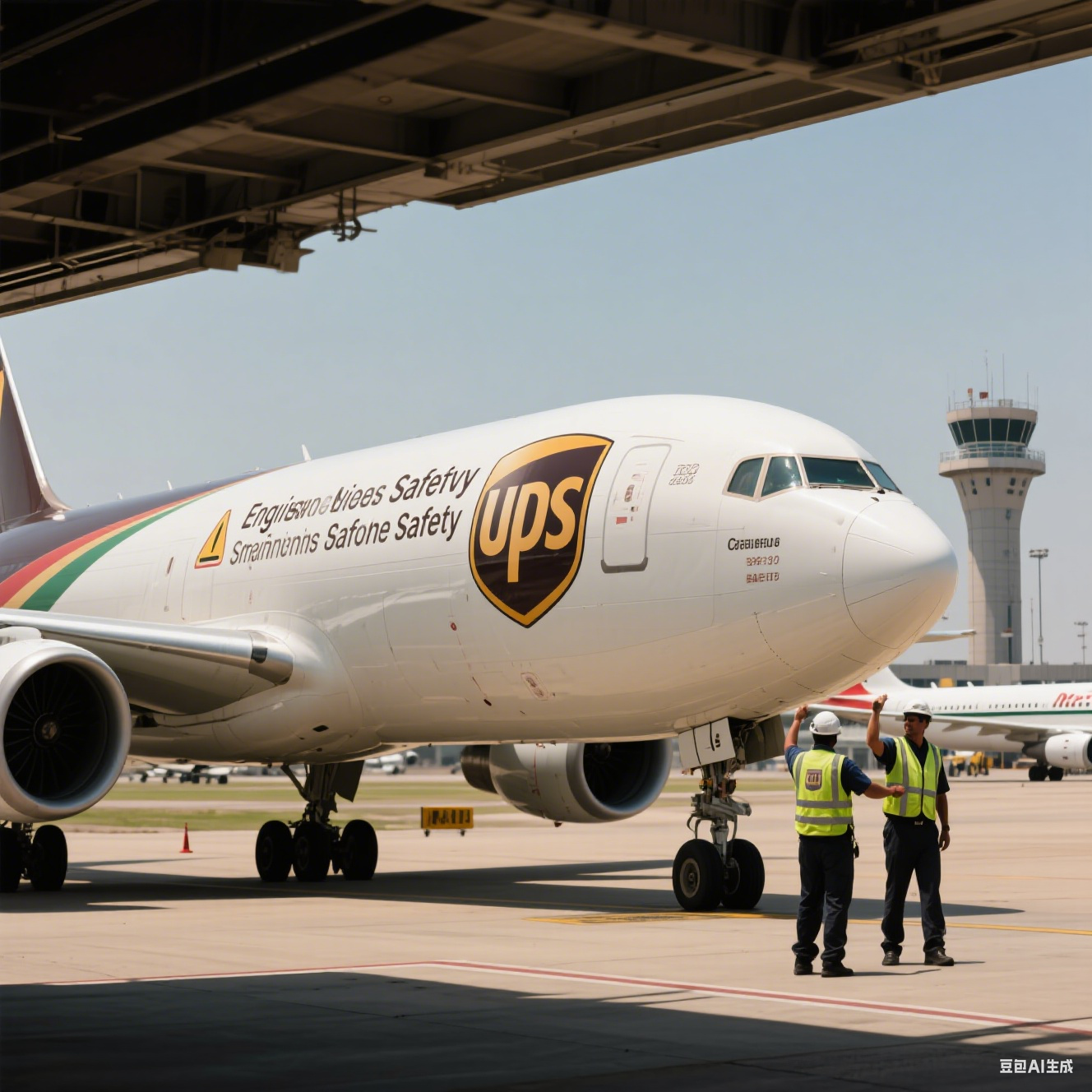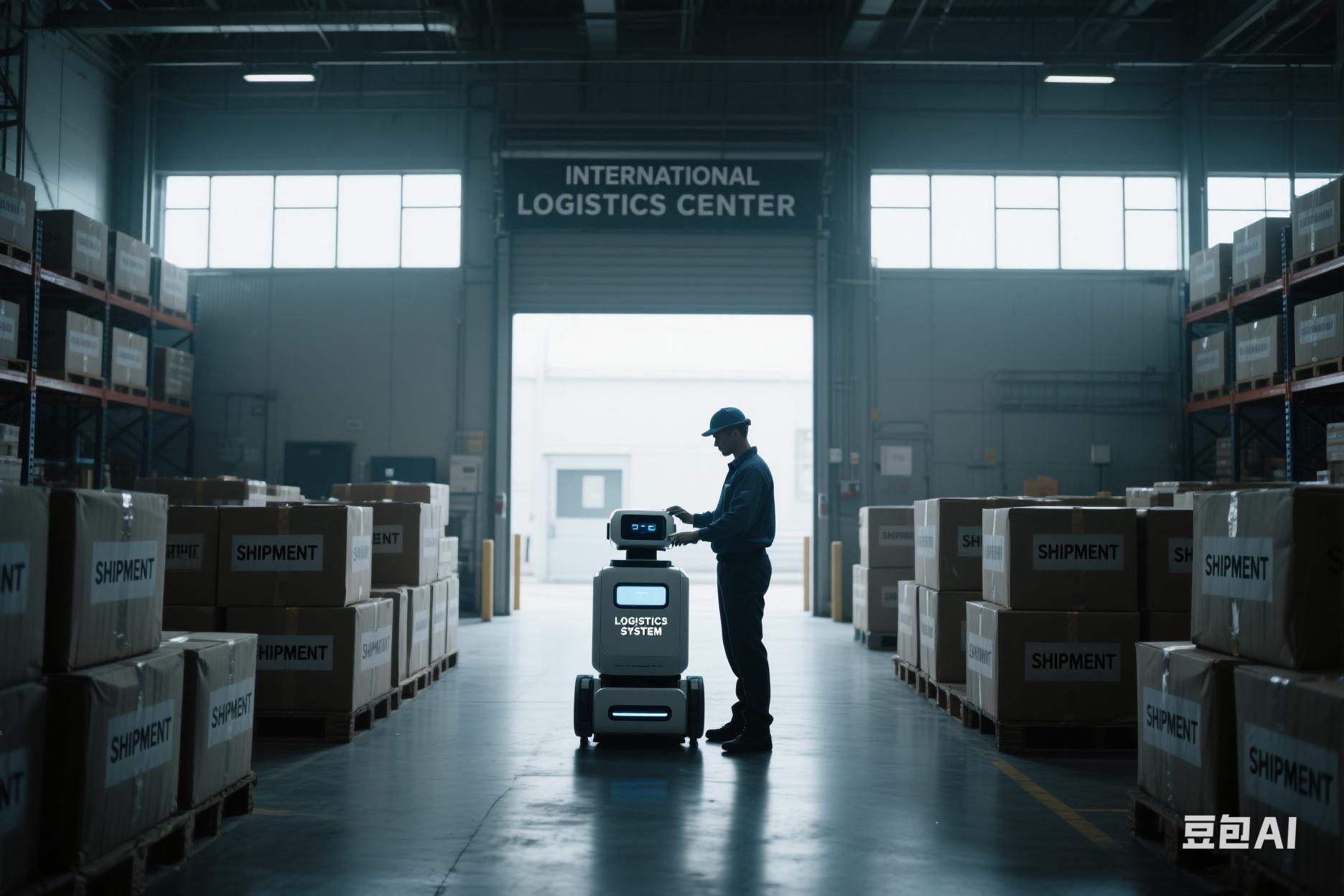các tùy chọn vận chuyển đường biển giá rẻ
Các tùy chọn vận chuyển đường biển giá thấp đại diện cho một giải pháp tiết kiệm chi phí cho nhu cầu vận chuyển quốc tế, kết hợp giữa giá cả phải chăng và dịch vụ đáng tin cậy. Phương thức vận chuyển này sử dụng các tàu hàng hiện đại và mạng lưới hậu cần tinh vi để di chuyển hàng hóa qua các đại dương một cách hiệu quả. Hệ thống tích hợp công nghệ theo dõi tiên tiến, cho phép khách hàng giám sát lô hàng của mình theo thời gian thực thông qua các nền tảng kỹ thuật số. Dịch vụ vận tải đường biển hiện đại cung cấp nhiều lựa chọn container khác nhau, từ container tiêu chuẩn đến các đơn vị chuyên dụng dành cho từng loại hàng hóa cụ thể. Các dịch vụ này thường bao gồm tùy chọn giao nhận tận nơi, hỗ trợ thông quan hải quan và các giải pháp lưu kho. Công nghệ phía sau dịch vụ vận tải đường biển giá rẻ đã phát triển để bao gồm hệ thống đặt chỗ tự động, xử lý tài liệu điện tử và các công cụ quản lý chuỗi cung ứng tích hợp. Các hãng vận tải sử dụng các thuật toán tối ưu tuyến đường để xác định những hành trình vận chuyển hiệu quả nhất, giảm mức tiêu thụ nhiên liệu và thời gian vận chuyển. Dịch vụ cũng cung cấp các tùy chọn lịch trình linh hoạt, cơ hội vận chuyển tập trung và bảo hiểm toàn diện. Các yếu tố môi trường được cân nhắc thông qua các tàu tiết kiệm nhiên liệu và kế hoạch sắp xếp hàng hóa được tối ưu hóa, góp phần làm giảm lượng khí thải carbon trên mỗi đơn vị hàng hóa vận chuyển. Phương thức vận chuyển này đặc biệt phù hợp với hàng hóa số lượng lớn, các lô hàng không khẩn cấp và các doanh nghiệp muốn tối đa hóa ngân sách logistics trong khi vẫn duy trì các tiêu chuẩn dịch vụ đáng tin cậy.


